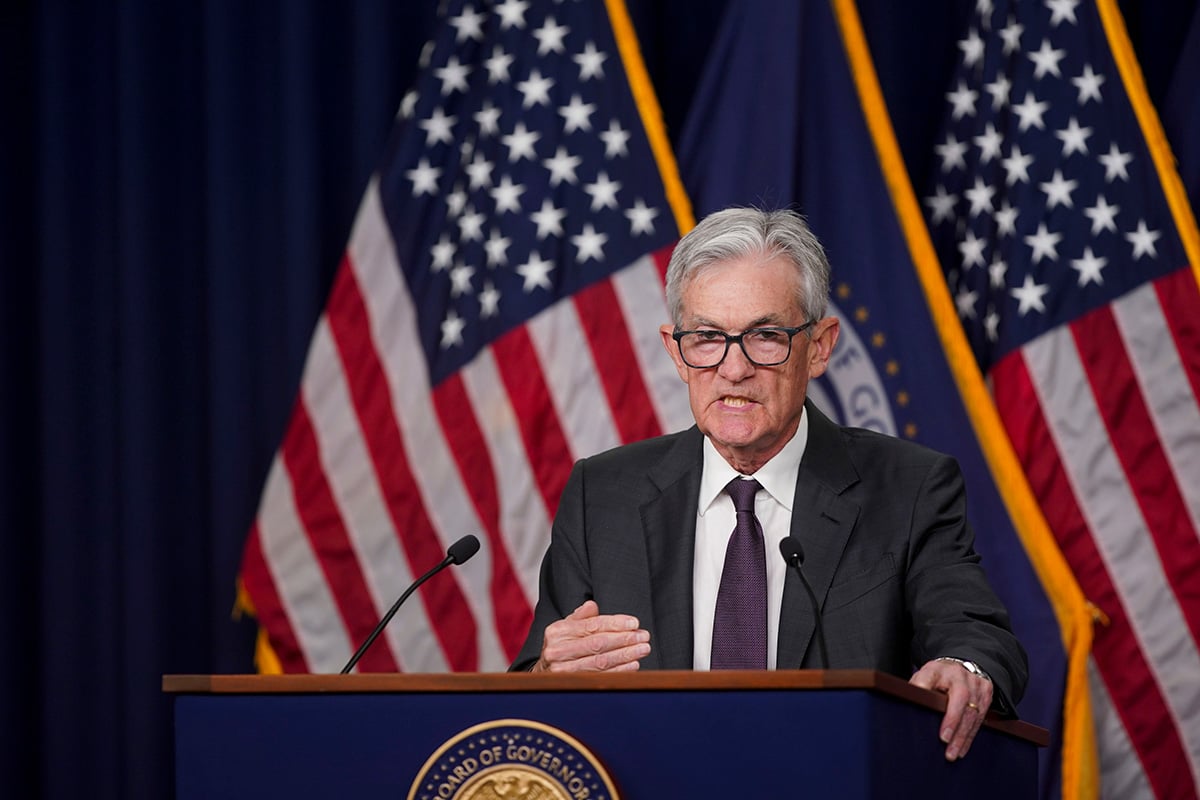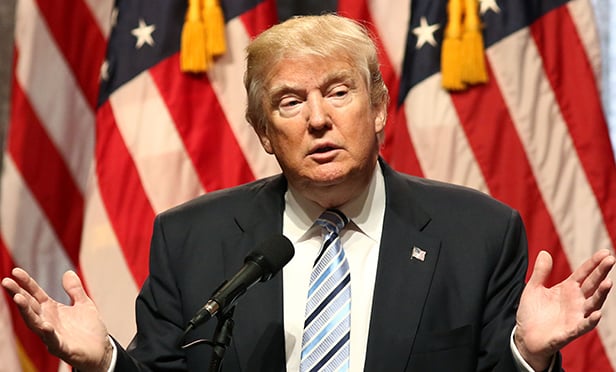The ruble plummeted into a freefall, losing as much as 19 percent as panic swept across Russian financial markets after a surprise interest-rate increase failed to stem the run on the currency.
The ruble plunged to as weak as 80.10 per dollar, a record low, before trading at 72.90 by 5:18 p.m. in Moscow, as Russians scrambled to convert their money into dollars amid concern the government will implement currency controls to slow the outflows. Bonds fell as the RTS stock index tumbled the most in almost six years. Government officials will gather to discuss the financial crisis engulfing the country.
 “I am speechless,” Jean-David Haddad, an emerging-market strategist at OTCex Group in Paris, said in a message. “What a failure for the central bank. Russia would need to announce capital controls today. That is the last solution.”
“I am speechless,” Jean-David Haddad, an emerging-market strategist at OTCex Group in Paris, said in a message. “What a failure for the central bank. Russia would need to announce capital controls today. That is the last solution.”
The scope of the ruble's retreat indicates policy makers are losing control of the situation as the six-month, 49 percent tumble in oil saps the country of hard currency needed to sustain an economy that's sputtering under the weight of international sanctions. The currency's plunge, the biggest one-day drop in 16 years, was exacerbated by concern that policy makers were pumping more rubles into the economy to prop up state oil giant OAO Rosneft, a move that effectively gives investors additional money to buy dollars.
The Russian government will hold a meeting on financial issues today, Prime Minister Dmitry Medvedev said. Officials may announce currency restrictions, money managers from Schroder Investment Management Ltd. to Skandinaviska Enskilda Banken AB said. Such limits might endanger Russia's investment-grade rating, Rogge Global Partners Plc said.
Undermining Confidence
Ten-year government-bond yields jumped 317 basis points, to a record 16.4 percent, today. The cost of insuring against losses on government debt climbed to 601 basis points, the highest since March 2009, while the dollar-denominated RTS Index of equities plummeted to 5 1/2-year low.
The turmoil in the financial markets is undermining the confidence of individuals as banks point to a surge in demand for converting rubles into dollars. Khanty-Mansiysk Otkritie Bank, the retail arm of Russia's second-largest private lender, said foreign-exchange demand was three to four times above the daily average today.
Russia could impose capital controls by making it more difficult for depositors to swap their cash into hard currency or by requiring exporters to convert some of their earnings into rubles, Per Hammarlund, chief emerging-markets strategist at SEB, said by e-mail from Stockholm.
“Our traders are informing me that we see no bids to buy rubles,” Hammarlund said. “I thought 17 percent would give them at least a month of breathing space. We next have to look at the experience in 1998-1999. We are also one big step closer to capital controls.”
The ruble has plummeted 55 percent this year even after 11.5 percentage points of increases took the key interest rate to 17 percent and the central bank spent more than $80 billion on interventions.
The costs of the depreciation in ruble, which has lost 54 percent of its value this year, are steep as inflation hovers at a more than three-year high and currency interventions drain the nation's reserves. Russia's cash pile has fallen to a five-year low of $416 billion as the central bank spent more than $80 billion this year trying to slow the ruble's biggest annual retreat since 1998.
The boost in Russian borrowing costs, which happened in a surprise announcement just before 1 a.m. in Moscow, was the biggest since rates soared past 100 percent in 1998.
“If such a rate hike, such a shot of medicine, doesn't help the ruble, then interventions won't help either,” Artem Roschin, a foreign-exchange dealer at Aljba Alliance in Moscow, said by phone. “There's no point in spending reserves.”
Draining Reserves
While the strain on reserves led the central bank to push forward plans last month for a freely floating ruble, policy makers spent more than $6 billion on interventions since OPEC unleashed a selloff in oil after its Nov. 27 decision to keep output unchanged.
Brent crude, the grade of oil traders look at for pricing Russia's main export blend, tumbled 3.6 percent to $58.86 a barrel in London today. Since the country derives about half of budget revenue from oil and gas industries, the weaker ruble is offsetting some of Brent's 47 percent slide this year.
Russia's gross domestic product may shrink 4.5 percent to 4.7 percent next year if oil averages $60 a barrel under a “stress scenario,” the central bank said yesterday. Net capital outflow may reach $134 billion this year, more than double last year's total.
Three-month implied volatility, a gauge of expected swings in the currency, surged 11 percentage points to 56 percent today, the highest level since 2005, according to data compiled by Bloomberg.
“It's very hard to stop the panic since everyone is betting against the ruble,” Vadim Bit-Avragim, a money manager at Kapital Asset Management LLC in Moscow, said by phone. “The central bank was too late with its move. Without oil and the economy stabilizing, the ruble won't rise.”
–With assistance from Matthew Oakley and Lilian Karunungan in Singapore, Elena Popina in New York, and Lyubov Pronina in London.
Complete your profile to continue reading and get FREE access to Treasury & Risk, part of your ALM digital membership.
Your access to unlimited Treasury & Risk content isn’t changing.
Once you are an ALM digital member, you’ll receive:
- Thought leadership on regulatory changes, economic trends, corporate success stories, and tactical solutions for treasurers, CFOs, risk managers, controllers, and other finance professionals
- Informative weekly newsletter featuring news, analysis, real-world case studies, and other critical content
- Educational webcasts, white papers, and ebooks from industry thought leaders
- Critical coverage of the employee benefits and financial advisory markets on our other ALM sites, PropertyCasualty360 and ThinkAdvisor
Already have an account? Sign In Now
*May exclude premium content© 2025 ALM Global, LLC, All Rights Reserved. Request academic re-use from www.copyright.com. All other uses, submit a request to [email protected]. For more information visit Asset & Logo Licensing.





